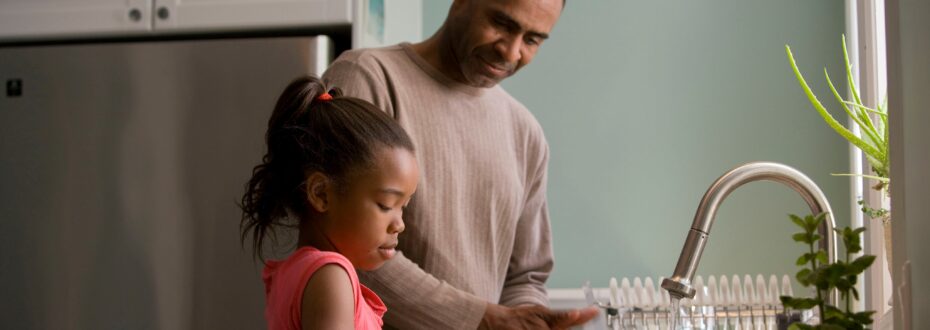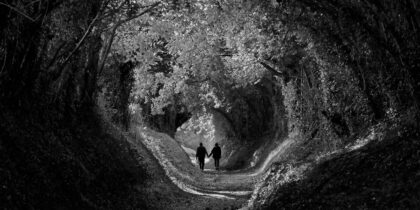By Martin Barrow
When the Government ordered us to stay at home, foster carers had a big decision to make: should their foster children still go to school? Although mainstream school was closed, special arrangements were made for so-called ‘vulnerable children’, a group loosely defined as children or young people who had a social worker or were known to social services.
In the event, most foster carers chose to keep their children at home, with the agreement of their social workers. The absence of vulnerable children from classrooms has made headlines, but for most foster carers it was a simple choice: if schools are unsafe for birth children and their families, why should it be any different for foster children and those who care for them?
if schools are unsafe for birth children and their families, why should it be any different for foster children and those who care for them?
Even so, foster carers, responsible for the wellbeing of some 55,000 children and young people unable to live with their birth families, are under no illusion about the scale of the challenge. There are also long-term implications for the mental health of children already suffering from trauma of now becoming isolated from school and the wider community.
We have been foster carers for 12 years, and we are spending the lockdown with two children who have shared our home for the past two years. Having missed so much schooling before coming into care, they absolutely love being in class and adore their teachers. They are enthusiastic about lessons and work hard to catch up with their classmates.
There are also long-term implications for the mental health of children already suffering from trauma of now becoming isolated from school and the wider community.
But their school learning has been interrupted by the pandemic. They are also confined to the house and garden, unable to see their own parents and other siblings. They must also cope with the knowledge that this is not their ‘forever home’, merely a staging post as the care system finds a permanent arrangement once ‘normal’ life is resumed.
It is an unimaginable emotional burden for the children to bear. In addition, just like other children, they hear about COVID19 and worry about what it means. They pick up on our own anxieties, particularly about shopping for food and maintaining provisions.
As foster carers, our role is to help the children cope with these complex feelings. But we are not trained mental health experts, just parents putting our experience to use to the benefit of children who need a home. Even though the challenges have increased, access to support is restricted because of COVID19.
If the children’s enduring memory of living through a pandemic is of playing in their magical hideaway, our work as foster carers will be done.
Despite this, we feel there are plenty of positives that will sustain us through the next few weeks. The children have benefited from the slower pace of life and the atmosphere, overall, is calmer. We are not rushing off to school, or to after-school activities. There are fewer engagements with social workers, and thus fewer reminders of the uncertainties of being in foster care.
We have gone back to basics with their lessons, working at their pace instead of expecting them to keep up with the class. We find learning opportunities in activities such as baking and exploring in the garden and surrounding fields. There are newts and slow worms, baby lambs and horses. We have all our meals together and there is a rhythm to the day that is very much set by the children, rather than what us grown-ups expect them to do.
The children have built a den at the top of the garden and have spent hours playing make-believe, something else that has emerged over recent weeks. If the children’s enduring memory of living through a pandemic is of playing in their magical hideaway, our work as foster carers will be done.





